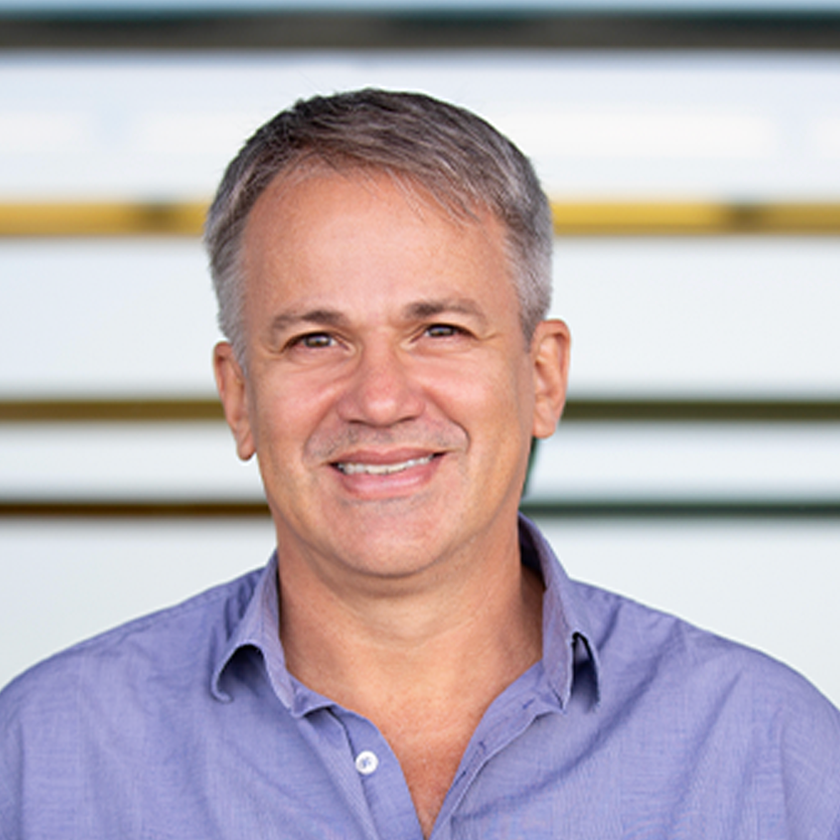
Alexandre Soares Rosado
Professor, Bioscience
Biological and Environmental Science and Engineering Division
We investigate microbial diversity and function—from extreme environments to host-associated systems—to develop microbiome-based solutions for ecosystem resilience, human health, and biotechnological innovation on Earth and in space.
Program Affiliations
Center of Excellence
Biography
Professor Alexandre Soares Rosado is a microbial ecologist and Professor of Bioscience at KAUST, where he leads interdisciplinary research on microbial diversity, microbiome-based technologies, and extremophiles. Prior to joining KAUST, he was a Full Professor at the Federal University of Rio de Janeiro, Brazil, and a Visiting Professor at UC Davis, U.S. He has served as Director of the Institute of Microbiology, Vice President of the Brazilian Society for Microbiology, and is a Fellow of the American Academy of Microbiology and The Explorers Club. His research bridges classical microbiology and multiomics to develop microbial solutions for ecosystem restoration, human and planetary health, and astrobiological applications.
Research Interests
Professor Rosado’s research focuses on microbial diversity, novel metabolisms, and microbiome-based strategies to address global challenges in environmental resilience, biotechnology, and planetary health. His group combines classical microbiology with cutting-edge multiomics to study free-living and symbiotic microorganisms, including extremophiles from the harshest environments on Earth. Current projects explore microbial ecosystem functions, host–microbe interactions, and the potential of extremophiles for sustainable agriculture, bioremediation, and astrobiological applications. By integrating evolutionary, ecological, and physiological insights, his research advances both fundamental understanding and practical solutions aligned with the Kingdom’s Vision 2030 and global sustainability goals.
Education Profile
Ph.D. Microbiology, Federal University of Rio de Janeiro, Brazil/ Wageningen University and Research (WUR), The Netherlands, 1997
M.Sc. Microbiology, Federal University of Rio de Janeiro, Brazil, 1993

